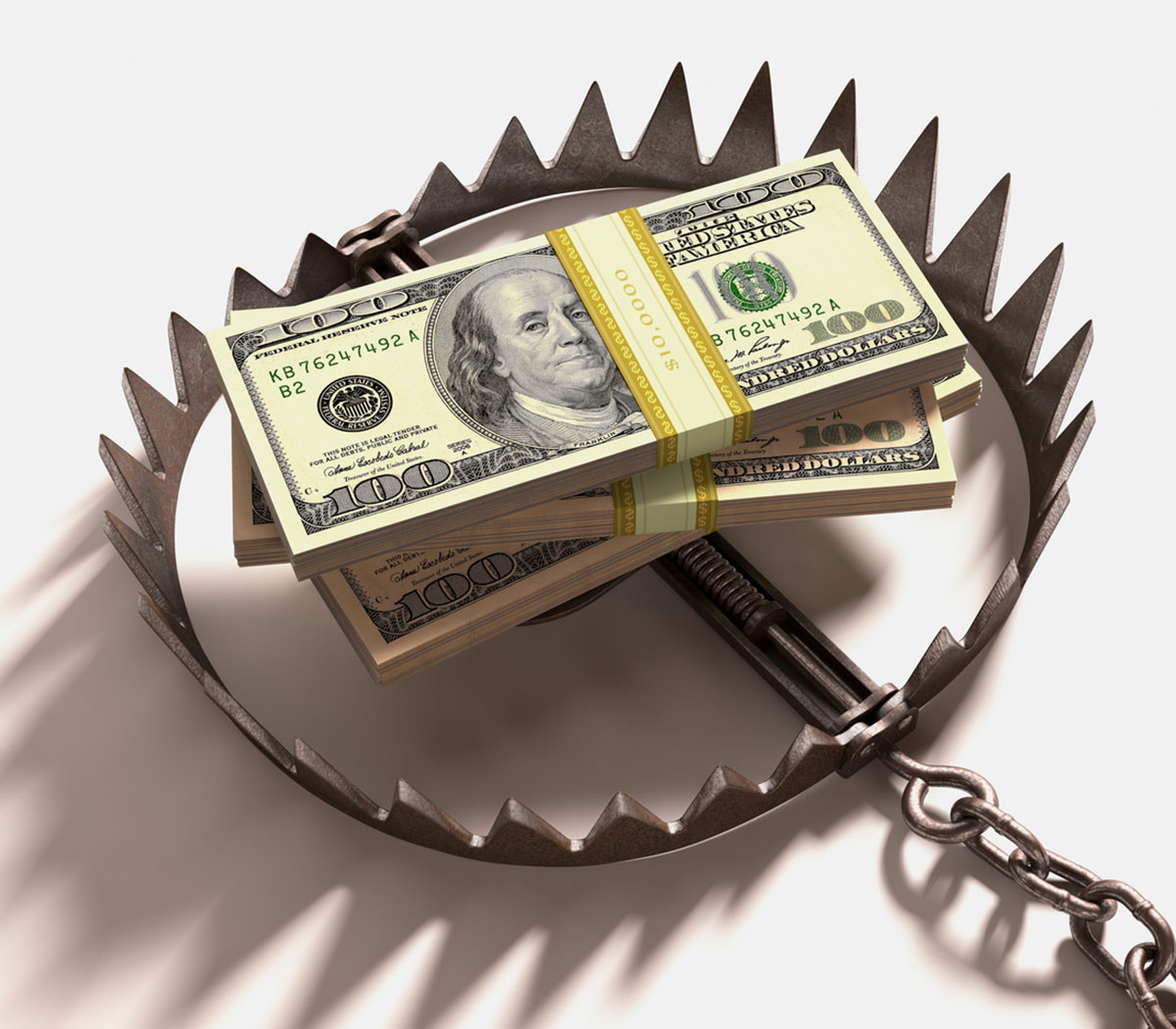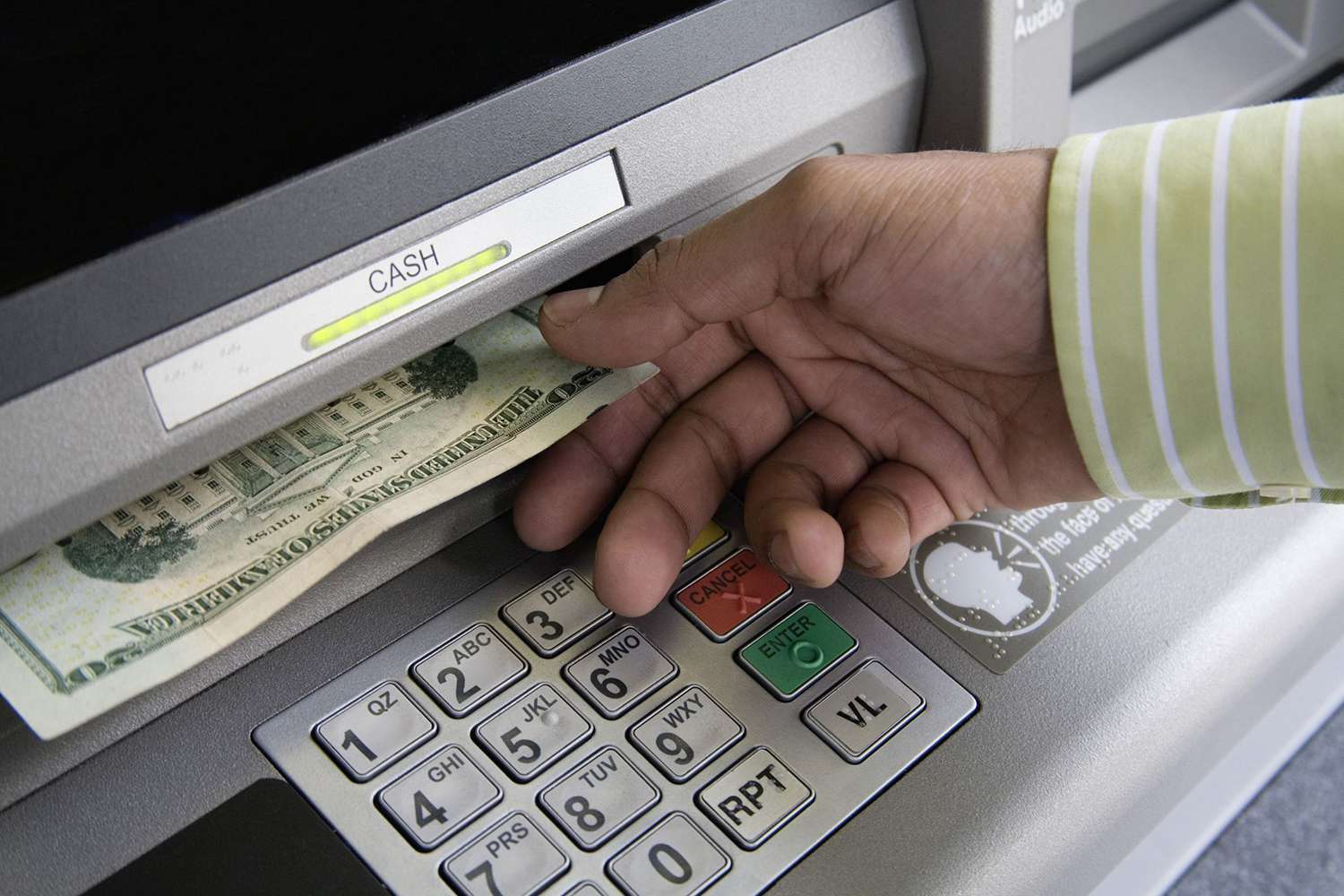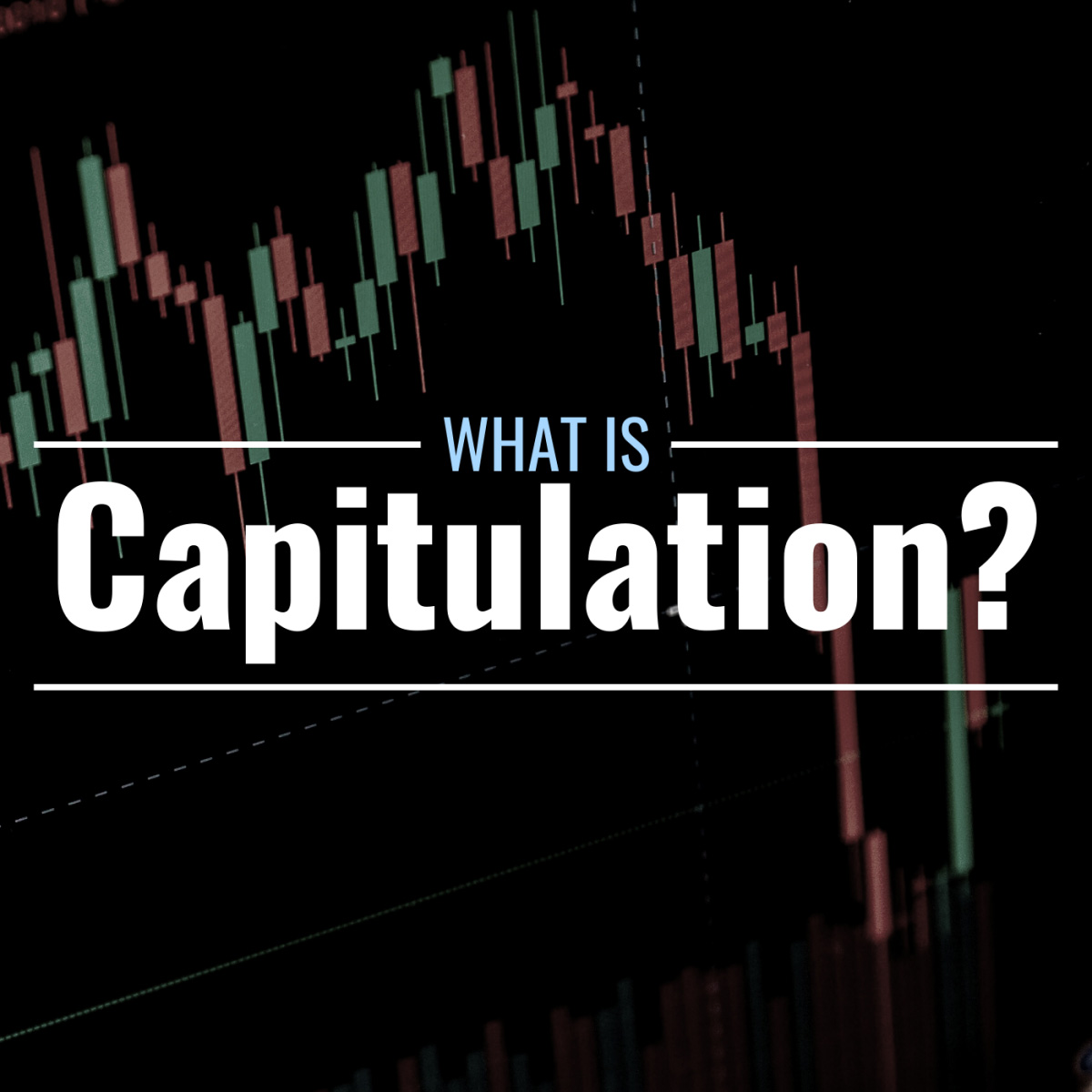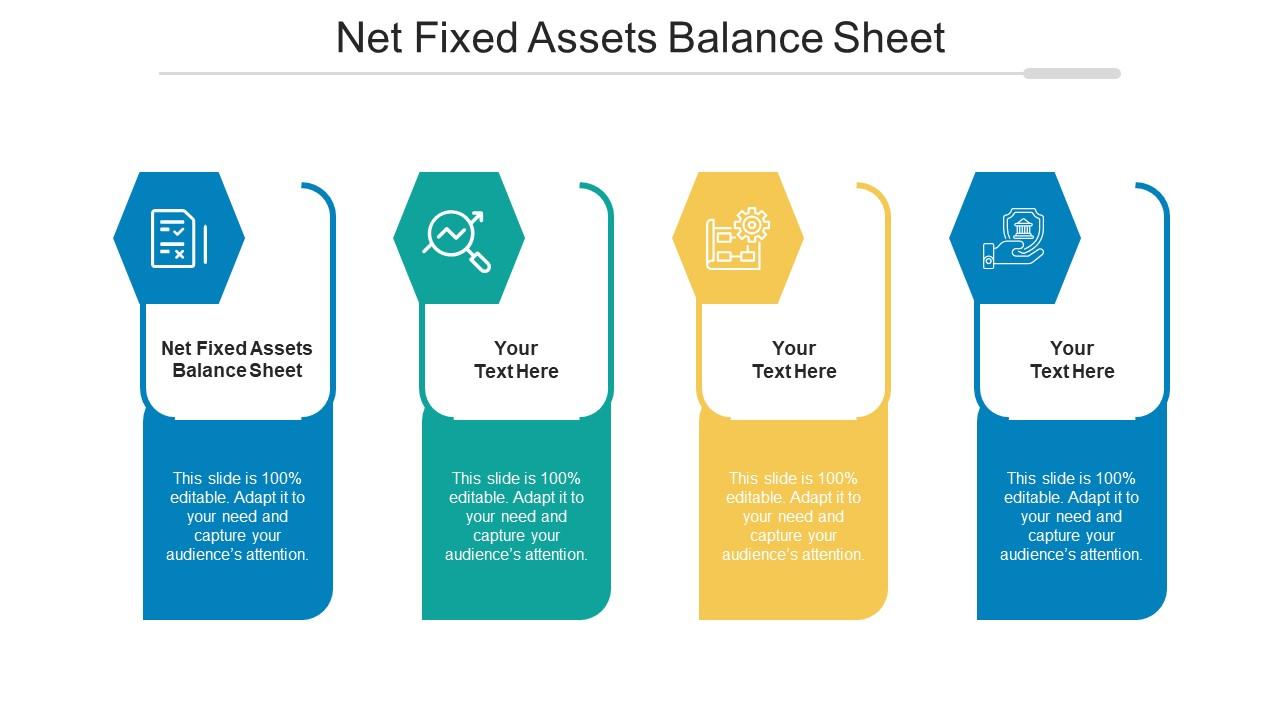

Finance
What Cash Frenzy In The Stock Market Means
Published: November 24, 2023
Discover the latest trends in finance and understand the cash frenzy happening in the stock market. Stay updated with expert insights and make informed investment decisions.
(Many of the links in this article redirect to a specific reviewed product. Your purchase of these products through affiliate links helps to generate commission for LiveWell, at no extra cost. Learn more)
Table of Contents
Introduction
The stock market is a dynamic and ever-changing landscape, influenced by various factors such as economic conditions, investor sentiment, and market trends. In recent times, one phenomenon that has captured the attention of both seasoned investors and newcomers alike is the cash frenzy in the stock market.
Cash frenzy refers to a situation where large sums of money are rapidly flowing into the stock market, resulting in a surge in demand and increased market activity. This influx of cash can lead to significant fluctuations in stock prices, creating both opportunities and challenges for investors.
Since the outbreak of the COVID-19 pandemic, there has been a notable increase in cash frenzy as individuals seek alternative investment options and try to capitalize on market volatility. The rise of commission-free trading platforms and the proliferation of online investment communities have also contributed to the influx of cash into the stock market.
The cash frenzy in the stock market has attracted widespread attention due to its potential for high returns and the associated risks. Some investors view it as an opportunity to generate quick profits, while others approach it with caution, mindful of the potential for market instability.
In this article, we will delve deeper into the phenomenon of cash frenzy in the stock market, exploring its causes, effects, and strategies for managing the frenzy. By understanding and navigating the cash frenzy, investors can make informed decisions and potentially reap the benefits of an active and dynamic market.
Understanding Cash Frenzy in the Stock Market
Cash frenzy in the stock market can be attributed to various factors and motivations. Understanding the underlying dynamics is crucial for investors to navigate this frenetic environment.
One key aspect of cash frenzy is the surge in retail investor participation. With the advent of user-friendly trading apps and online platforms, individual investors, often referred to as “retail investors,” have gained unprecedented access to the stock market. This democratization of investing has led to a rise in retail investor activity, contributing to the cash frenzy phenomenon.
Furthermore, the allure of quick profits and the fear of missing out (FOMO) have fueled the cash frenzy. Social media platforms, online forums, and investment communities play a significant role in amplifying these emotions. Retail investors, influenced by the experiences and success stories shared online, may be enticed to jump into the market, accelerating the frenzy.
Additionally, the low interest rate environment has prompted many investors to seek higher returns in the equity market. With traditional fixed-income investments delivering minimal yields, investors are drawn to the potential for higher gains in stocks. Consequently, this influx of cash into the stock market further exacerbates the frenzy.
It is important to note that cash frenzy is not limited to individual retail investors. Institutional investors, such as hedge funds and pension funds, also contribute to the surge in cash flow. These large financial institutions allocate substantial amounts of capital to the stock market to capitalize on market dynamics, driving up demand and intensifying the frenzy.
Moreover, evolving market dynamics, such as the rise of high-frequency trading and algorithmic trading, have accelerated the pace and volume of stock market transactions. These automated trading strategies can execute trades at lightning speed, adding to the frenzy and potentially amplifying market volatility.
By understanding these factors driving cash frenzy in the stock market, investors can gain insights into the underlying dynamics and make informed decisions. However, it is crucial to approach the frenzy with a level-headed mindset and avoid making impulsive investment decisions based solely on the prevailing excitement.
Causes of Cash Frenzy in the Stock Market
The cash frenzy in the stock market can be attributed to several key causes that contribute to the rapid inflow of cash and increased market activity. Understanding these causes is essential for investors to navigate the frenzy effectively.
1. Market Volatility: One of the main drivers of cash frenzy is market volatility. When markets experience significant price fluctuations, it creates opportunities for profit-making, attracting both retail and institutional investors. Volatility can be caused by various factors, including economic events, geopolitical tensions, or unexpected company announcements.
2. Low Interest Rates: In a low-interest-rate environment, investors are often compelled to seek higher returns by investing in riskier assets like stocks. With traditional fixed-income investments delivering minimal yields, investors turn to the stock market, fueling the cash frenzy.
3. Retail Investor Participation: The rise of commission-free trading platforms and accessible investing tools has empowered individual retail investors to participate in the stock market. Online communities and social media platforms have also played a significant role in augmenting retail investor involvement. The collective actions of these retail investors can lead to increased volatility and intensified cash frenzy.
4. Speculative Behavior: Speculative behavior, driven by the fear of missing out (FOMO), can contribute to cash frenzy. Social media platforms and investment forums often amplify investment success stories, enticing more individuals to participate in the frenzy without conducting thorough research or understanding the risks involved.
5. Algorithmic and High-Frequency Trading: The proliferation of algorithmic trading and high-frequency trading has fundamentally changed market dynamics. These computer-driven strategies can execute trades at lightning speed, taking advantage of even the smallest price movements. Such trading strategies contribute to increased trading volumes and market activity, intensifying the cash frenzy.
6. Global Economic Conditions: Economic conditions, both on a global and local level, can impact the stock market. Factors such as GDP growth, inflation rates, and government policies can influence investor sentiment and capital allocation. Positive economic indicators can lead to increased investor confidence and contribute to cash frenzy.
It is important for investors to recognize these causes of cash frenzy to make informed decisions. It is advisable to evaluate investment opportunities based on fundamental analysis and a long-term perspective, rather than succumbing to short-term market enthusiasm.
Effects of Cash Frenzy in the Stock Market
The cash frenzy in the stock market has profound effects on various aspects of the market and the participants involved. Understanding these effects is crucial for investors to navigate the frenetic environment and make informed decisions.
1. Increased Market Volatility: Cash frenzy intensifies market volatility as large sums of money flow in and out of stocks rapidly. This heightened volatility can create both opportunities and risks for investors. Price swings become larger and more frequent, making it crucial for investors to be vigilant and exercise caution when entering or exiting positions.
2. Elevated Stock Prices: The influx of cash fuels demand for stocks, leading to an increase in stock prices. This can create a positive feedback loop, attracting more investors and further driving up prices. However, it also raises concerns about the sustainability of these inflated prices, as they may not accurately reflect the fundamental value of the underlying assets.
3. Speculative Behavior: Cash frenzy often encourages speculative behavior among investors. The fear of missing out (FOMO) can lead to impulsive and irrational investment decisions, detached from proper analysis and risk assessment. This speculative behavior can contribute to asset bubbles that may eventually burst, causing significant market corrections.
4. Impact on Market Liquidity: Cash frenzy can affect market liquidity, which refers to the ease of buying and selling assets without causing major price disruptions. In extreme cases, when everyone rushes to buy or sell stocks simultaneously, it can strain market liquidity, resulting in wider bid-ask spreads and increased trading costs.
5. Market Manipulation Risks: The heightened activity during cash frenzy can attract market manipulators looking to take advantage of the situation. Manipulative practices, such as pump-and-dump schemes or spreading false information about stocks, can distort market prices and mislead investors. It is essential for investors to exercise due diligence and be aware of potential market manipulation risks.
6. Impact on Long-Term Investors: Cash frenzy can have differing impacts on long-term and short-term investors. Long-term investors who focus on fundamentals and have a disciplined investment approach may navigate the frenzy by sticking to their investment strategy. However, they may face increased competition and potentially overvalued stocks due to the frenzy.
Overall, the effects of cash frenzy in the stock market can be both positive and negative. Investors must recognize the risks associated with heightened volatility and speculative behavior while staying focused on their long-term goals and maintaining sound investment principles.
Managing Cash Frenzy in the Stock Market
Navigating the cash frenzy in the stock market requires a strategic and disciplined approach. Here are some key strategies that investors can employ to effectively manage the frenzy:
1. Set Clear Investment Goals: Before entering the market, it is essential to define your investment goals and risk tolerance. Determine whether you are seeking short-term gains or long-term growth. Setting clear goals will help you stay focused and make informed investment decisions amidst the frenzy.
2. Conduct Thorough Research: Do not let the excitement of the cash frenzy cloud your judgment. Conduct thorough research on the companies you are interested in and analyze their financials, competitive position, and growth prospects. This will help you identify sound investment opportunities and reduce the risk of falling victim to speculative trends.
3. Diversify Your Portfolio: Diversification is a key risk management strategy. By spreading your investments across different sectors, asset classes, and geographic regions, you can potentially minimize the impact of market volatility. Diversification can protect your portfolio from the risks associated with a single stock or sector experiencing a significant downturn.
4. Invest for the Long Term: During times of cash frenzy, it is tempting to seek quick profits and engage in short-term trading. However, it is important to remember that successful investing is a marathon, not a sprint. Focus on building a robust long-term investment strategy that aligns with your goals and risk tolerance.
5. Stay Disciplined: Emotional decision-making can be detrimental to your investment performance. Avoid making impulsive trades based on market sentiment or the actions of others. Stick to your predetermined investment plan and avoid being swayed by short-term market fluctuations.
6. Regularly Review and Rebalance: With increased market volatility during cash frenzy, it is important to regularly review your portfolio and rebalance if necessary. Rebalancing involves adjusting your asset allocation to maintain your desired risk level. This strategy ensures that your portfolio remains aligned with your long-term goals and risk tolerance.
7. Stay Informed: Stay updated on market news, economic indicators, and emerging trends. However, be mindful of the sources of information and avoid relying solely on social media or investment forums. Maintain a balanced approach by consulting reputable financial news outlets and seeking advice from trusted professionals.
8. Utilize Stop-Loss Orders: To mitigate potential losses during periods of volatility, consider implementing stop-loss orders. These orders automatically trigger a sale if a stock reaches a predetermined price, limiting potential losses. Stop-loss orders can help protect your investments while giving you peace of mind.
Remember, the key to managing cash frenzy in the stock market lies in maintaining a rational and disciplined approach. By following these strategies, you can navigate the frenzy more effectively while positioning yourself for long-term investment success.
Conclusion
The cash frenzy in the stock market is a phenomenon that has gained significant attention in recent times. Driven by factors such as market volatility, low interest rates, retail investor participation, and speculative behavior, this frenzy brings both opportunities and challenges for investors.
While cash frenzy can lead to increased market volatility, elevated stock prices, and speculative behavior, it is crucial for investors to approach this environment with caution and a long-term perspective. By understanding the causes and effects of cash frenzy, investors can make informed decisions and manage their investments effectively.
To navigate the cash frenzy, it is important to set clear investment goals, conduct thorough research, and diversify your portfolio. By investing for the long term and staying disciplined, you can resist the temptation of short-term gains and build a resilient investment strategy.
The management of cash frenzy also involves staying informed, regularly reviewing and rebalancing your portfolio, and utilizing risk management tools such as stop-loss orders. By maintaining a rational approach and avoiding impulsive decisions, you can shield your investments from potential market volatility and manipulation risks.
In conclusion, the cash frenzy in the stock market is a dynamic and ever-changing phenomenon. While it brings excitement and potential opportunities, it also requires careful consideration and a disciplined approach. By understanding the causes and effects of cash frenzy and implementing sound investment strategies, investors can navigate the frenzy more effectively and position themselves for long-term success.














